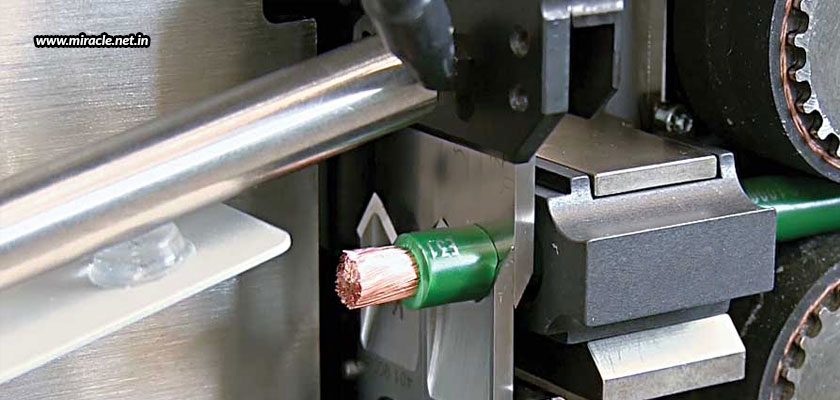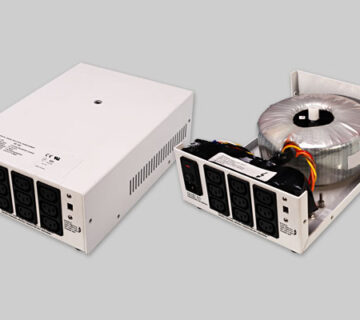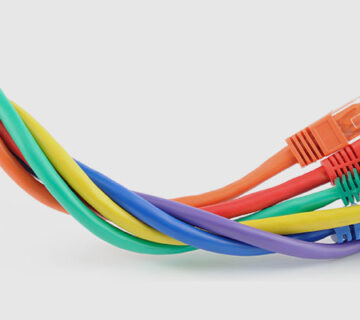Whenever we look for any kind of service, we want quality, durability, and cost-effectiveness, all in one. When it comes to Electronic Manufacturing Services, there is one element that makes every electronic manufacturing important – and that is cables. Cables are an important part of every electrical and electronic device, which is why there is high demand of cable and cable assembly manufacturers in the market. And, to satisfy this demand, there are innumerous manufacturers coming up every day. But, it is essential to identify only the most reliable manufacturer from the lot to be able to accomplish getting good quality cables which can run your applications longer and better, without erroneous consequences. Miracle Electronics is one such cable assembly manufacturer in India who you can rely upon for getting the best quality cables and cable assemblies, whether it is RF or EMI shielded assemblies, flat or ribbon assemblies, military or airborne assemblies, or any other cable requirements you may have.
The production of cables begins with the right cutting and stripping, only after which can they be created, jacketed, and bundled together. Let us see, in this blog, the different types of wire cutting and stripping styles, along with the various methods used to achieve them.
Types of wire cutting and stripping styles
There are a number of different wire cutting and stripping styles that one can adopt, depending upon what is required.
Full cutting and stripping – This involves the removal of insulation, exposing the conductors at the desired length. The method involves cutting and removing the insulation and jacketing physically, to expose the conductor in the middle. This technique is particularly used when accompanying terminations are required to be crimped or soldered.
Partial cutting and stripping – This involves the cutting of the end piece of the wire to the desired length, having the cut insulation left on. Thus, the cable is cut to the desired length, leaving the jacket on the insulation to protect the inner conductor from any outer abuse. The inner components are also kept protected, which significantly speeds up the set up time and terminations too.
Blunt cutting – This involves merely cutting the cable to the desired length. It is the simplest and fastest technique used, provided it is appropriately applied. Because only simple cutting is required, the technique is thus known as only blunt cutting, without the term “stripping”. By leaving the end attached and uncut, the end-user can strip to the desired length, but this will only increase the setup time and labour invested.
Methods used for wire cutting and stripping
So, we have learnt about the three different types of wire cutting and stripping styles above. Now, we’ll move forward to understand the different methods that are used to achieve these three styles.
Manual cutting and stripping – Manual cutting and stripping of wires is affordable and reliable, and also allows for additional customization, if required. However, it is obvious that this method is very time-consuming, as compared with automated techniques. The manual method involves first identifying the gauge of the wire, because the external sheathing needs to be penetrated, without breaking the inner conducting metal. Next, the wire needs to be matched with the correct sized hole, and then pressed onto it completely, so that the insulation is penetrated to the correct amount, allowing the material to slide off easily. Finally, the insulation is pulled off of the cable by grabbing both the sides.
Automated cutting and stripping – Automated cutting and stripping is done with machineries that are highly effective. But remember, different machineries can afford cutting and stripping of different gauge sizes. Also, this automated method is followed only where there are large quantities of wires to be cut to the same length and stripped identically. Some machines can cut thousands of pieces of wires in an hour, without breaking or errors!
To summarize, depending upon your requirements, the kind of wire cutting and stripping that will be right for your application can be determined. And, depending upon the quantity size of your project, whether to use manual or automated processes is decided upon.




